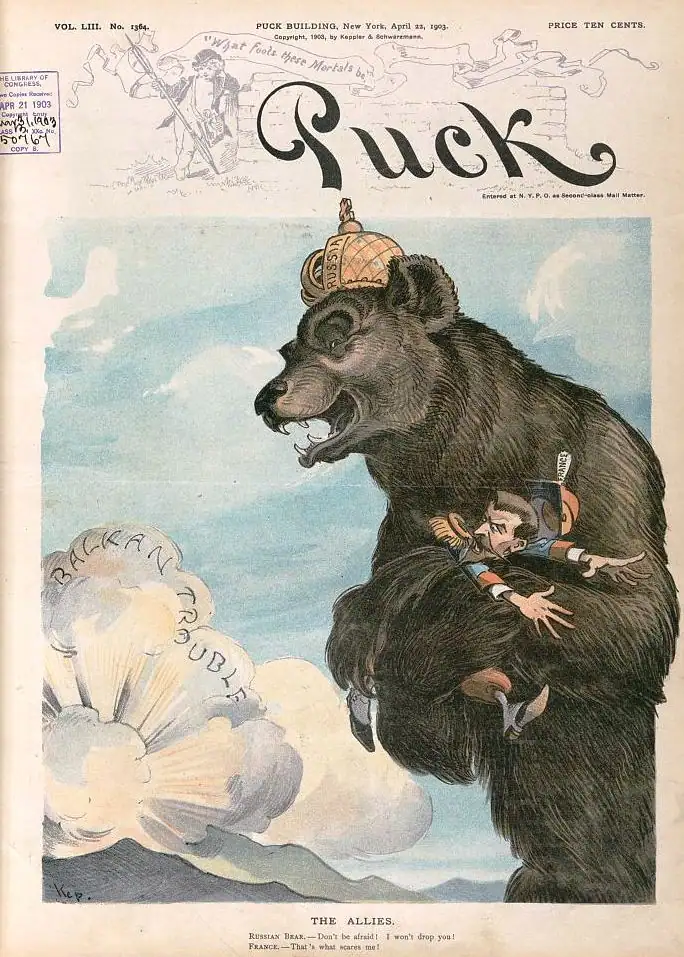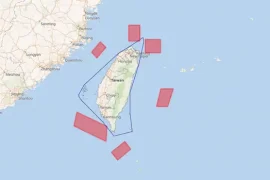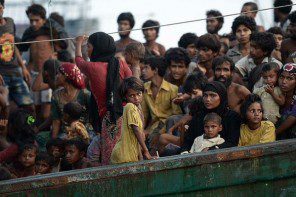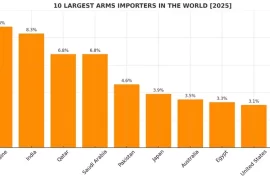
Russia has recently ordered the Latvian and Estonian ambassadors to leave the country, accusing the Baltic states of ‘total Russophobia’. Their diplomatic relations with Russia have also been degraded. But what does ‘total Russophobia’ mean?
Dictionary meaning
According to Collins English Dictionary, Russophobia means ‘an intense and often irrational hatred for Russia, or especially the former Soviet Union, its political system, etc.’
Merriam-Webster puts it simply as ‘fear or dislike of Russia or Russian policy’, and according to them, the first known use of Russophobia was in 1836 by the British quarterly The Westminister Review.
There has not yet been any entry on ‘total Russophobia’ in these dictionaries.
A short history
Russophobia was prevalent in 19th century Europe as Tsarist Russia expanded in Eastern Europe and Central Asia, challenging the dominance of Western powers.
After a gap during World War II and a period following the collapse of the Soviet Union in 1991, Russophobia has reemerged in recent years, particularly in the wake of the Ukraine affair in 2014.
Since then there has also been a significant increase in the use of the term ‘Russophobia’ by the Russian government. The Russian Ministry of Foreign Affairs has been using the term more frequently on its website.
Putin’s narrative of ‘ total Russophobia’
A definition of ‘total Russophobia’ can be gleaned from the statement issued by the Russian foreign ministry on January 23, 2023: “In recent years, the Estonian leadership has purposefully destroyed the entire range of relations with Russia. Total Russophobia, the cultivation of hostility towards our country have been elevated by Tallinn to the rank of state policy. ”
This suggests that when a government pursues an official policy of fear or hatred towards Russia, it can be referred to as ‘total Russophobia’.
It should be noted that this two-word phrase is often used by Russian officials, particularly President Vladimir Putin, to emphasize the idea that Russia is under threat from Western powers and to justify actions such invading Ukraine. This narrative has been criticized by experts for promoting radical nationalism and neo-imperialism in Russia.







